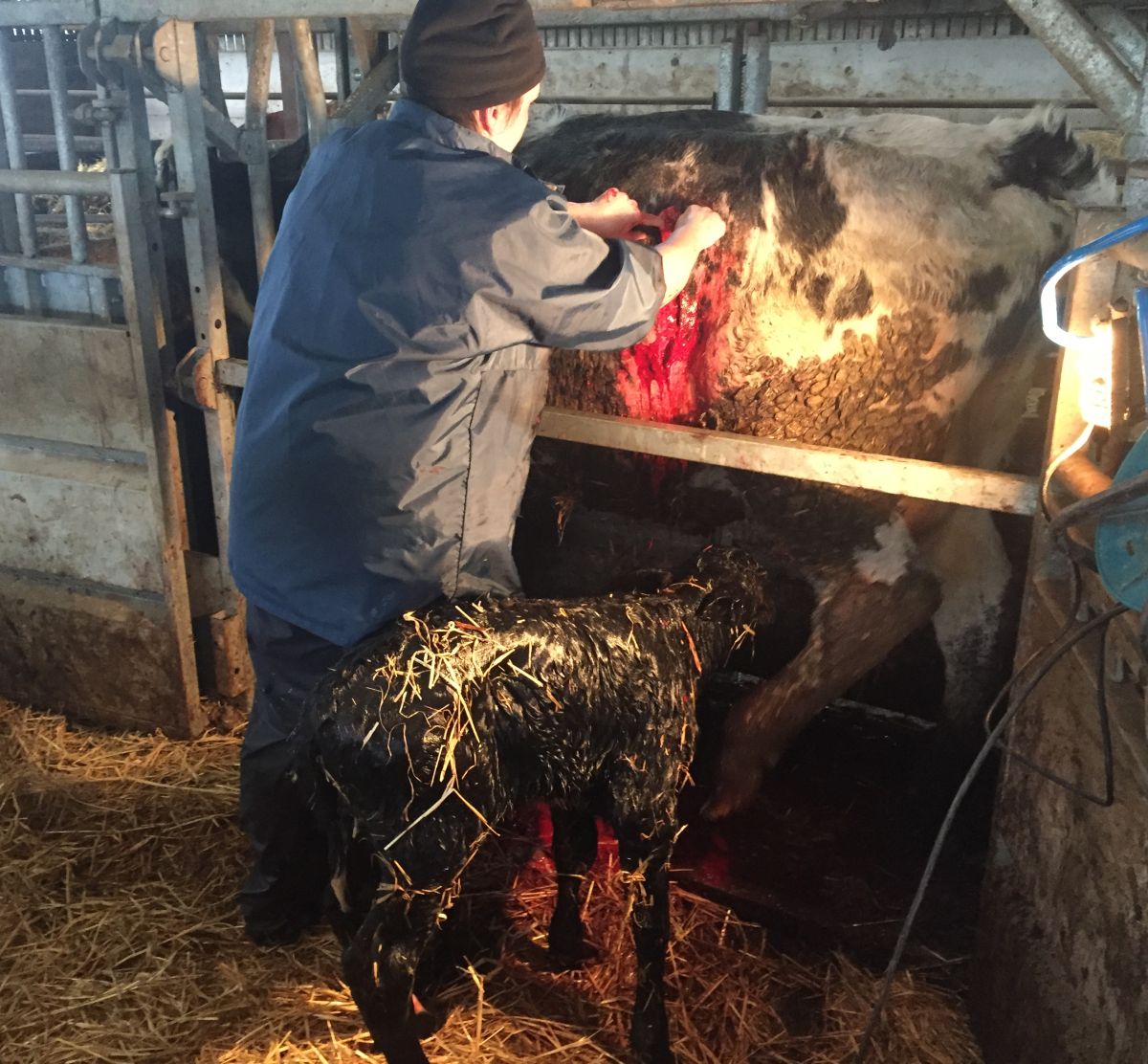Happy Mother's Day! 💐 We may not agree on who has the best mom, but we can agree that all moms rule. Here's what we're covering this week:🦶 Baby steps in the right direction🥩 Lab-grown meat vs. veterinarians📸 Veterinary photographer of the year award 🚀 Quick hits
Baby Steps
Results from the AVMA 2023 Economic State of the Veterinary Profession report (free for members; paid for non-members) suggest that the industry is making headway when it comes to employment and compensation, but there is still a long way to go.
Here are some of the key takeaways:
Full-time employment of new veterinary school graduates has reached a 22-year high
Demand for veterinary services has created the conditions for increased renumeration.
Average compensation is up 15% across the profession.
Student debt levels have declined for two consecutive years, falling to their pre-pandemic levels
Higher pay and lower debt has led to a reduction in the average debt-to-income ratio, an indication of the capacity to pay down student loans, for new graduates with full-time employment. The 2022 debt-to-income ratio of 1.44 (down from 1.70 in 2021) is moving in the right direction towards the recommended ratio of 1.40.

Figure 2: Distribution of Debt-to-Income Ratios for 2022 Graduates Securing Full-Time Employment courtesy of DVM360
How will lab grown meat affect the profession?
One emerging technology that we have a close eye on is the cultivated (aka cell-based or lab-grown) meat. This technology is at the cutting edge of a growing alternative meat sector currently dominated by plant-based products from companies you may have heard of like Beyond Meat and Impossible Foods.At a quick glance, lab-grown meat appears to be a great solution to traditional farming and animal consumption. However. there are a number of fascinating conversations around it. To name just a few:
Cost: Currently, lab-grown meat is expensive to produce, which makes it less accessible to consumers. The technology needs to become more efficient and scalable to bring down the cost and make it a viable alternative to conventionally produced meat.
Regulation: There is a lack of clear regulatory frameworks for lab-grown meat, which has led to uncertainty and controversy in the industry. While the FDA is on board, other have raised concerns about food safety and the potential for lab-grown meat to be labeled and marketed in misleading ways.
Public perception: There is still a lot of skepticism and uncertainty among the public about lab-grown meat. Some people worry that it may not taste the same as conventionally produced meat or that it could have negative health effects.
Sustainability: While lab-grown meat has the potential to be more sustainable than traditional meat production, it still requires energy and resources to produce. Until the process can become vastly more efficient, some critics argue that it is not a truly sustainable solution and that we should instead focus on plant-based alternatives to meat.
Ethical concerns: While lab-grown meat may be a more humane alternative to traditional meat production, some animal rights activists argue that animals should not be used for human consumption at all, even if it is in a lab setting.
It is an industry and technology that we're fascinated by - not only for its potential to revolutionize how we can sustainably feed the nearly 8 billion people on earth, but also for its unknown implications on the veterinary profession.
At the Federal University of Paraná in southern Brazil, Dr. Carla Molento is preparing students with new skillsets in her course Cellular Animal Science, that could help them adjust to a changing landscape as lab-grown meats goes mainstream.
Dr. Molento, anticipates that the rise of alternative meat sources will dramatically lessen the need for food animals, and when it does veterinarians will have a vastly different role to play than they do now - by understanding animal-cell genetics or a continued role overseeing food hygiene and quality control.
Some people, including Molento, predict that alternative meat, dairy and egg products could become a disruptor in the veterinary industry in as little as 20 years. While many experts are a little more bearish on the technology, proponents point to two main growth drivers:
The desire to improve animal welfare by removing the need for slaughter and/or cruel farming practices
Improved environmental practices and regulations
Because of this, within the veterinary profession large animal practitioners seem to be the most vulnerable to the new technology. If you're as interested as we are, check out the article 'Should the rise of alternative meat worry veterinarians?' on VIN
Say Cheese
The British Veterinary Association has announced category winners for the 2023 BVA Veterinary Photographer of the Year Award. This year, there were three categories for submission and here are your winners:
Category: Vets at Work

Photographer: Sophie Aylett
Image: #Colostrumisgoldwith
Description: Just moments after a cow's c-section, a veterinarian with their back to the camera is depicting suturing the mother as the newborn calf looks on.
Category: All Creatures Great and Small

Photographer: Katherine Edmondson
Image: On the Shoulders of Giants
Description: Captured in South Africa at the Kwantu Game Reserve, the image shows three red-billed oxpeckers hunting for insects at sunrise while on the back of a young giraffe.
Category: Happy Pets That Make Us Smile

Photographer: Sam Price
Image: Jumping for Joy
Description: A small dog on the beach running towards the camera is captured midair, with their ears pointing straight up, the ocean behind them, and the sand seemingly untouched beneath them.
Quick Hits
Here are some stories we're following this week from around the veterinary world and animal kingdom:
FDA Approves Feline Anemia Drug [Today's Veterinary Business]
Due to bankruptcy, Akorn drugs must be discarded [VIN]Canine parvovirus treatment receives conditional approval [AVMA]CVS appoints first permanent chief veterinary nursing officer [Vet Times]
